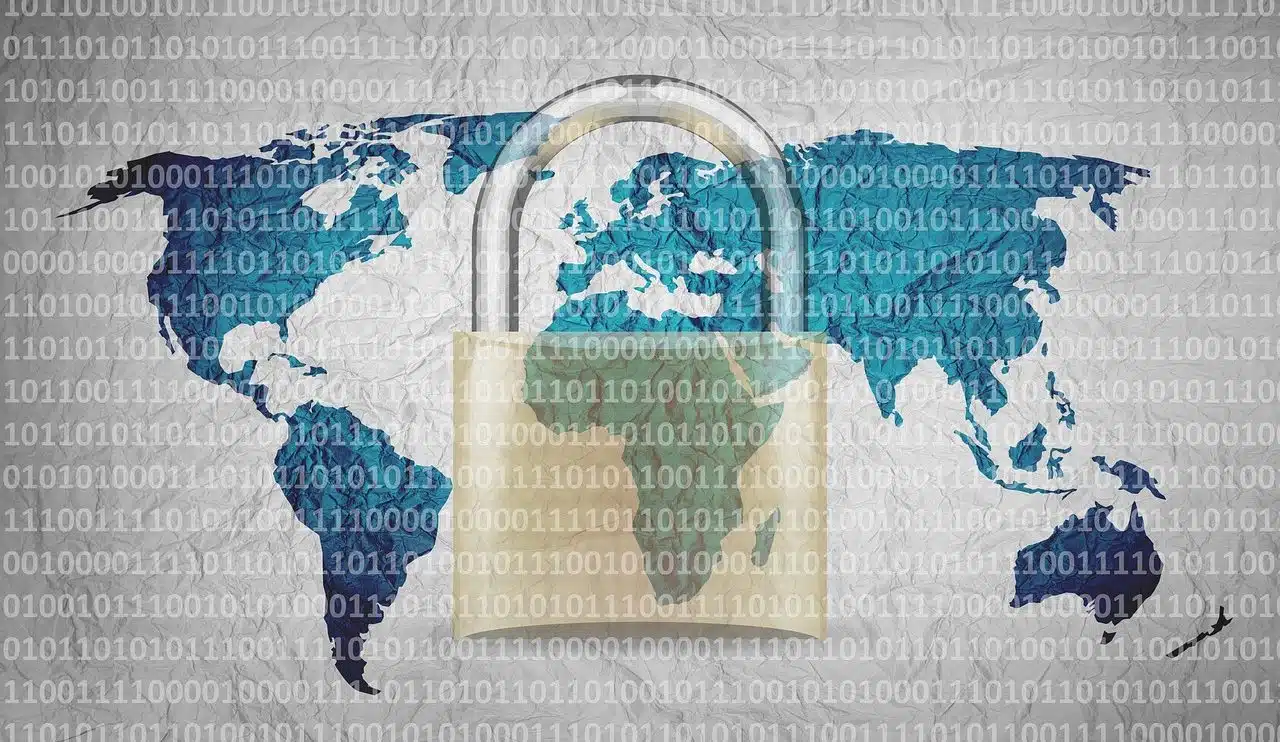
Cybersecurity is very important in the digital economy.
Digital economy is a concept that refers to the use of information and communication technologies (ICT) in the creation, marketing and consumption of products and services . E-commerce, digital banking and online educational platforms, for example, are part of this area.
Before moving forward, it is important to pay attention to the two terms that make up the expression. The idea of economics can refer to the set of activities and goods that constitute the wealth of a person or a community, as well as to the discipline that analyzes how to achieve the satisfaction of material needs using goods that are scarce. Digital , on the other hand, is that which produces, displays, stores or transmits information through a combination of bits.
History of the digital economy
The history of the digital economy does not have an exact starting point since it is a dynamic and highly complex process that is associated with a multiplicity of changes, from strictly economic to political, social and cultural. It can be said that it emerged within the framework of a broader digital transformation driven by different emerging technologies.
The development of the digital economy cannot be understood without the expansion of global connectivity . The emergence of virtual communities is another factor associated with digital economic practices.
Canadian Don Tapscott is credited with coining the term digital economy. This author and lecturer, a specialist in the analysis of the impact of technology on society and especially on business, published the book "The Digital Economy" in 1994 , anticipating various phenomena that would occur as a result of technological advancement.
Taking into account the contributions of Tapscott and other writers such as Nicholas Negroponte and Thomas Mesenbourg , it is often said that the digital economy is an ecosystem where network infrastructure and online services are combined with the participation of users (who can be people , companies or governments). The evolution of this ecosystem , of course, is currently ongoing.

In the digital economy, prosumers emerged: consumers who also influence the production of goods and services.
Its components
It is common for the components of the digital economy to be summarized in three major concepts.
- Infrastructure : These are those resources that support business development (hardware, computer programs, specialized human resources).
- Electronic business : These are corporate and commercial processes that are carried out through online platforms and applications.
- Electronic commerce : The development of commercial activity using the Web as a means of communication and support for operations.
It can be stated that the digital economy is developed with all social and commercial activities carried out through the Internet . This includes the use of social networks, artificial intelligence, mobile payments, automation tools, virtual reality , cloud hosting ( cloud computing ), virtual assistants, blockchain , big data and the Internet of Things (IoT), to name a few possibilities. .
One of the keys to the digital economy, therefore, lies in access to infrastructure . Without it, there can be no business or electronic commerce.

Cryptocurrencies (such as Bitcoin ), electronic wallets and contactless payments are tools of the digital economy.
Characteristics of the digital economy
Specialists recognize several particularities that allow the digital economy to be differentiated from the traditional economy. On the one hand, the fact that information is precisely digital is central: this favors its processing and transmission in real time. Virtualization is also key, which involves new ways of relating on a commercial and social level.
This virtualization can be found in numerous aspects. With teleworking , it is possible to carry out work tasks from anywhere, without having to go to an office in person. Streaming platforms , for their part, provide content that reaches the consumer over the Internet and not through physical support. Continuing with this line, e-learning allows the student to study remotely, even taking massive open online courses ( MOOC ).
Another relevant aspect of the digital economy is that it is based on knowledge . The generation of value occurs especially through skills and information.
The convergence of sectors, the elimination of intermediaries, networking and globalization are other features of this type of economy.
Your advantages
The digital economy offers several advantages compared to other systems of production, exchange and consumption. Of course, these are potential benefits that are not always realized or distributed equitably.
In a broad sense, it is accepted that the digital economy allows increasing production efficiency , thereby helping to minimize costs .
The vast amount of information available , on the other hand, gives more power to consumers and users. Consulting reviews and opinions and making comparisons helps you make more informed decisions.
Communication with producers and sellers, in turn, is closer and more fluid. The digital economy multiplied the channels of attention , even facilitating the resolution of problems.
Another advantage of the digital economy is that it globalized the offer of services and products . Thus, companies have access to a greater number of markets, while consumers have more alternatives.
